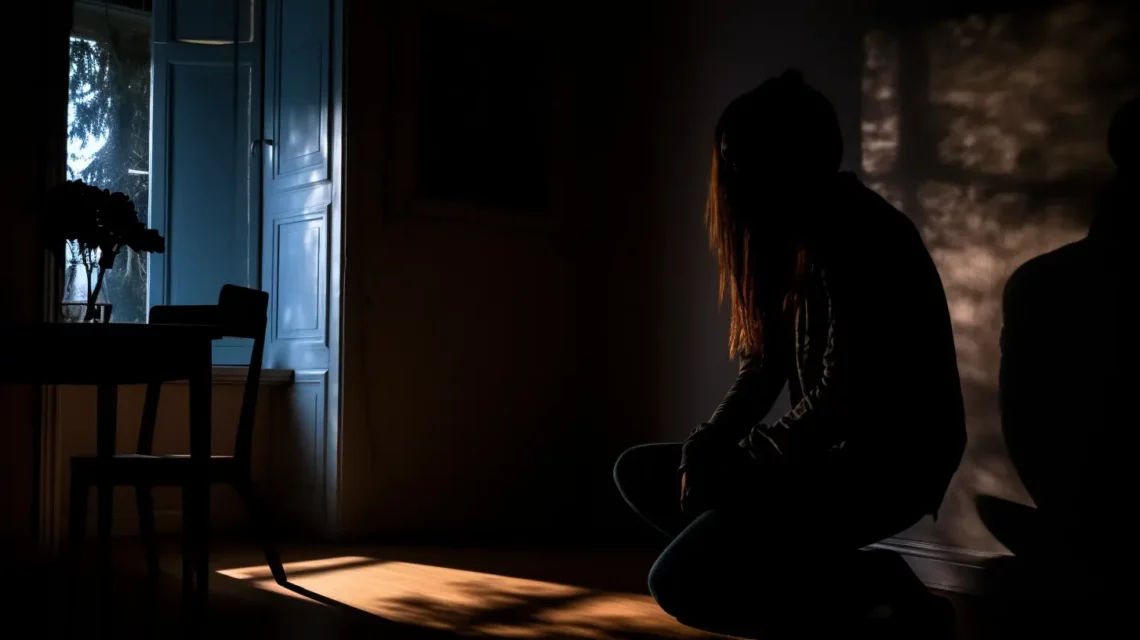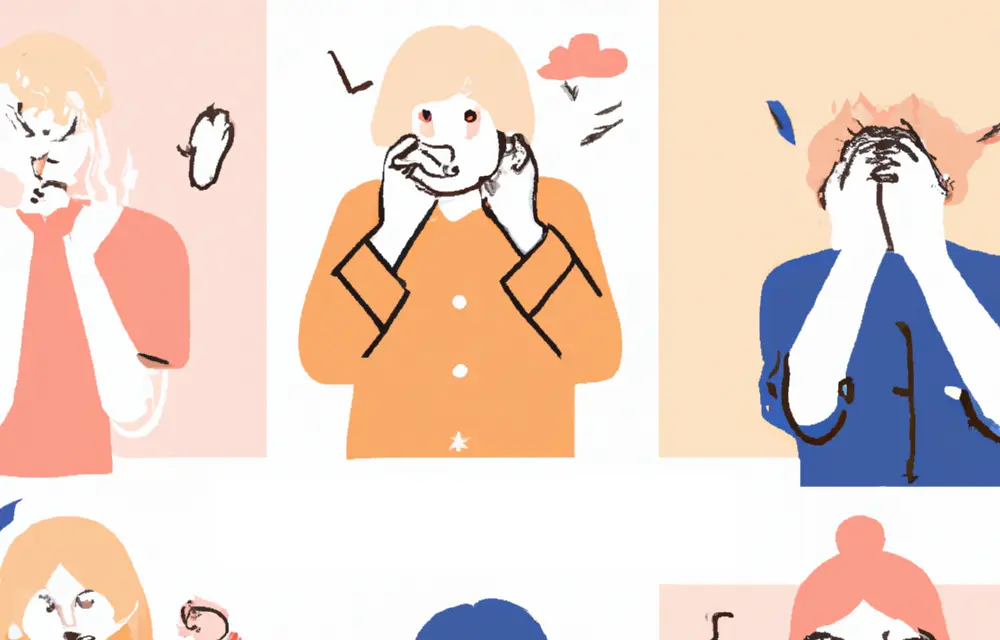The holiday season, often associated with merry celebrations and gatherings, can paradoxically bring about feelings of unease and apprehension in some individuals. This phenomenon is not uncommon and can be attributed to a variety of factors, from the pressures of gift-giving to the expectations of social interactions.
Identifying Holiday Anxiety Triggers
Understanding what triggers your holiday anxiety is the first step towards effective management. Common triggers include:
1. Financial Stress
The financial burden of holiday shopping and increased expenses can lead to anxiety. Our article provides practical tips for creating a budget and sticking to it.
2. Social Obligations
The numerous social events and gatherings can be overwhelming. We offer guidance on how to manage your social calendar and set boundaries when necessary.
3. Family Dynamics
Family interactions during the holidays can sometimes be stressful. Our experts provide insights into dealing with family-related stressors and maintaining healthy boundaries.
4. Travel Concerns
Holiday travel can induce anxiety due to logistical challenges. We discuss strategies to make your holiday travels smoother and less stressful.
5. Perfectionism
The pursuit of creating a “perfect” holiday experience can lead to anxiety. Our article emphasizes the importance of embracing imperfections.
Coping Mechanisms and Techniques
Managing holiday anxieties requires a toolbox of coping mechanisms. Here are some strategies we recommend:
1. Mindfulness and Meditation
Practicing mindfulness and meditation can help you stay present and reduce anxiety. We delve into mindfulness exercises and provide guidance on incorporating meditation into your daily routine.
2. Breathing Techniques
Effective breathing techniques can instantly alleviate anxiety. We explain various breathing exercises that can be practiced discreetly in any situation.
3. Time Management
Properly managing your time during the holidays is essential. Our article provides tips on efficient time management to reduce stress.
4. Self-Care
Self-care is crucial during the holiday season. We discuss the importance of self-care and offer practical self-care tips to implement.
5. Seeking Professional Help
For those experiencing severe holiday-related anxiety, seeking professional help is essential. We highlight the significance of consulting with mental health professionals and provide guidance on finding the right support.
Holiday Anxieties
In conclusion, holiday anxieties are a real concern for many, but with the right strategies and coping mechanisms, they can be effectively managed. Our comprehensive guide offers insights, tips, and techniques to ensure a stress-free and joyful holiday season. Remember, you don’t have to navigate holiday anxieties alone; support and resources are available to help you enjoy the festivities with peace of mind.












